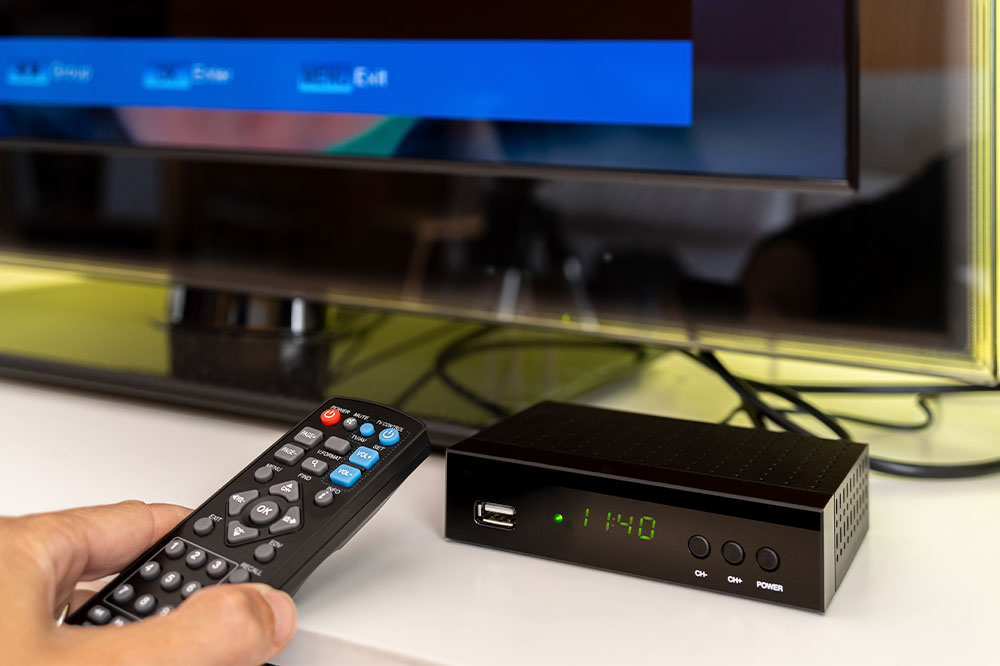4 reasons why network security is important
Internet technology has revolutionized the way people communicate, share, collaborate, and create online. This is all possible because the computer or system architecture is connected to the World Wide Web using a public or private network. To protect this network, a collection of hardware and software is deployed for personal and professional use. It ensures a safe channel for sharing information, targets threats that can damage the network and deploys effective threat assessment.

Data protection
Data protection and encryption is one of the main reasons behind deploying an effective network security package. Hardware and software have inbuilt protocols that minimize the risk of identity theft on both your and the client’s end. Advanced encryption protocols shield any and all data shared on the secure network.
Broad range of application
Data protection is just one of the key aspects of network security. A professional-grade network security setup can actively block any suspicious program from running or modifying information on the network. It restricts unauthorized access and automatically terminates connection to malicious websites. The software also tracks and logs background system modifications to trace the point in time when the unauthorized activity was detected. Premium-grade software can further undo actions on the user or client’s end to protect the system from any kind of vulnerability that might cripple the network.
Protection against viruses and spyware
Spyware and virus intrusions can damage the entire network and expose user data to attackers. Premium network systems include security protocols that expressly deny unidentified websites to prevent hackers from stealing data or planting spyware.
Ethics and compliance
Several corporate organizations are bound by ethical guidelines that make it mandatory to deploy and use a professional-grade network security package. It is one of the primary responsibilities of companies and large organizations to safeguard client information. They can also be held liable for any breach of data, as this action falls under the ethical responsibilities of a business enterprise. A professional-grade network provides this layer of protection to meet compliances and guidelines that are set forth for maintaining user data.




